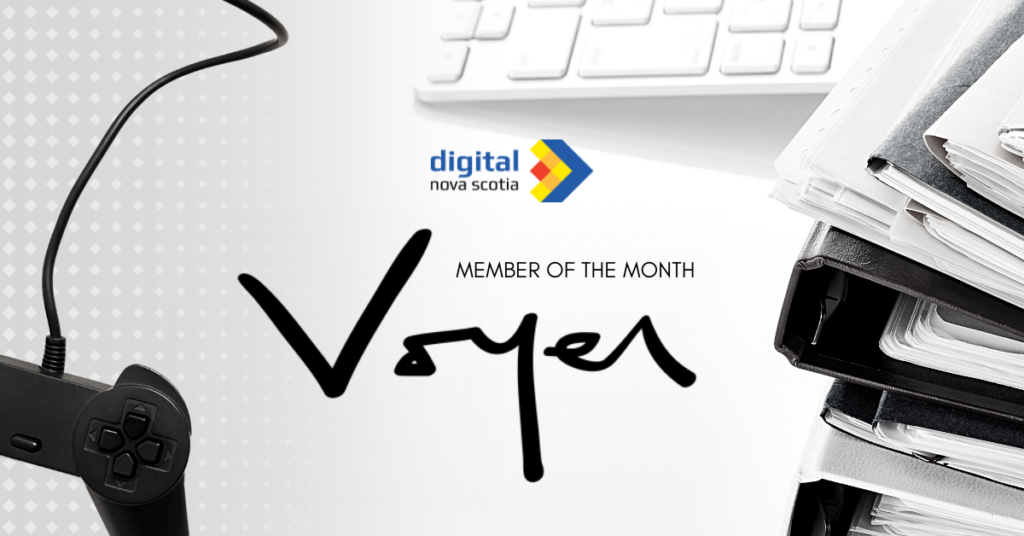
May 16, 2023
As technology advances and innovates, the need to legally protect your ideas and your business is more critical than ever. But you don’t have to navigate the complicated world of tech law alone thanks to the experts at Voyer Law.
Voyer Law employs cross-border startup, video game and IP lawyers that advise clients on US and Canadian law. They currently have a team of two in Halifax and are excited to see that grow over the next few years.
“We’re aiming to expand the team into major markets, such as Ontario, but are even more excited to expand to the rest of Atlantic Canada and the Prairies where technology expertise is harder to find,” said Kellen Voyer, the firm’s founder.
Voyer Law’s clients span technology startups, Web3 companies, angel investors and venture capital funds, video game studios, software developers, industrial designers and more. They also help non-tech clients with technology-based matters, such as intellectual and privacy law.
For Voyer, building a firm around technology ‘just made sense.’
“With my background as both a U.S. and Canadian lawyer, technology is a sector that implicates legal issues in both countries. For example, securities law in connection with a U.S. led investment round, intellectual property when a company wants to patent its product in the U.S. or employment when a company wants to expand its team,” he said.
“Plus, technology companies often don’t have the resources or time to engage multiple lawyers in multiple countries and consolidating legal expertise from both countries in a single firm makes financial sense for our clients.”
It’s an exciting area of practice for the team at Voyer Law, who work hard to ensure that their knowledge of technology keeps pace with the ever-evolving industry.
“So that when a client approaches us with an innovative product we understand it and are able to best advise how the law—though enacted way before this product was created—applies.”
That’s part of the reason why they run a blog, covering topics related to Canadian startup and video game law.
“The blog is a great resource to answer most questions early-stage technology companies have, from, ‘Should I incorporate my Canadian startup in Delaware?’ to ‘What is a Reverse Vesting Agreement?’ In fact, most of the blog content comes from questions and issues we’ve faced over the last few months, ensuring that content remains fresh and relevant as technology advances,” said Voyer.
So what are some of the biggest mistakes tech companies or startups are making today? Mislabelling employees as contractors, registering intellectual property too late or a company not owning its technology, said Voyer.
“The intellectual property comprising a company’s technology must be formally transferred to it and many founders (and non-tech lawyers) fail to consider this critical step,” he said.
“Indeed, many founders mistakenly assume that ownership of a company somehow transfers intellectual property ownership (it does not).”
Beyond expanding their footprint here in Nova Scotia over the coming years, Voyer said they will be attending the Atlantic Venture Forum in Halifax this June and are looking forward to meeting other members of the tech community.
If you want to learn more about Voyer Law and what they can do for you, check out their website.
